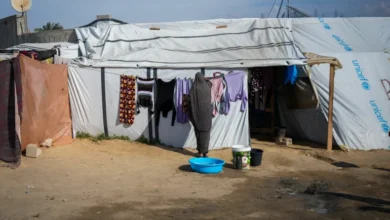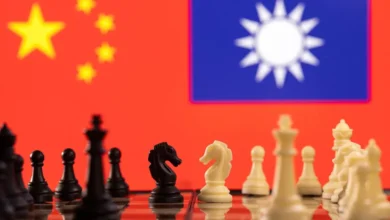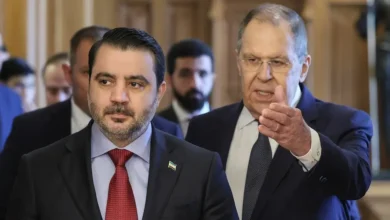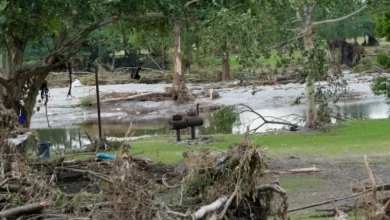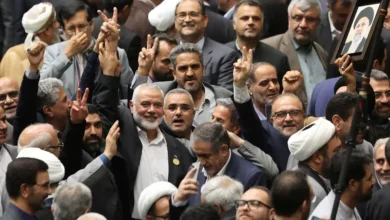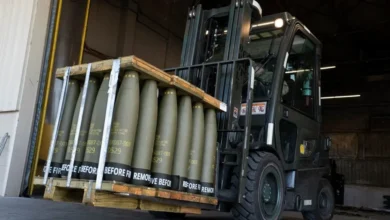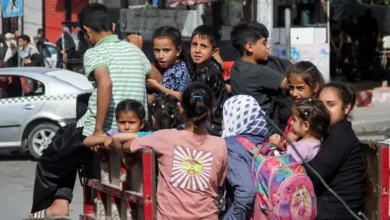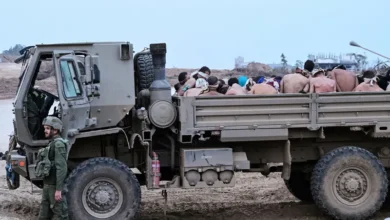Armenia formally joins International Criminal Court
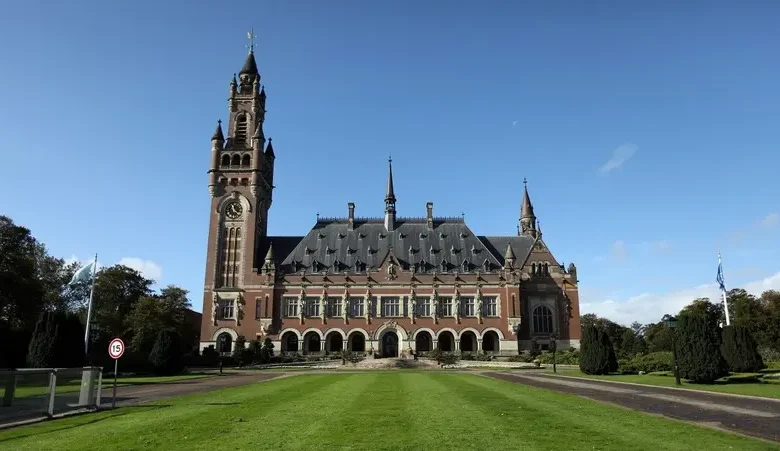
Armenia on Thursday formally joined the International Criminal Court (ICC), officials said, in a move that traditional ally Moscow has denounced as “unfriendly.”
The Hague-based court in March issued an arrest warrant for Russian President Vladimir Putin over the war in Ukraine and the alleged illegal deportation of children to Russia.
Yerevan is now obligated to arrest the Russian leader if he sets foot on its territory.
“ICC Rome Statute officially entered into force for Armenia on February 1,” the country’s official representative for international legal matters, Yeghishe Kirakosyan said.
Kremlin spokesman Dmitry Peskov had in October branded Armenia’s ratifying of the ICC’s founding Rome Statute a “wrong decision”.
Russia’s foreign ministry called it an “unfriendly step.”
Armenia is home to a permanent Russian military base and part of the Moscow-led military alliance, the Collective Security Treaty Organization (CSTO) that consists of several ex-Soviet republics.
Western countries hailed the ratification, which marks the expansion of the court’s jurisdiction into what was long seen as Russia’s backyard.
“The world is getting smaller for the autocrat in the Kremlin,” EU chief Ursula von der Leyen said in reference to Putin after Armenia ratified the ICC statute in October.
‘Prevent war crimes’
Armenian Prime Minister Nikol Pashinyan has sought to assuage Kremlin fears, saying the decision was not directed against Russia.
“Joining the ICC gives Armenia serious tools to prevent war crimes and crimes against humanity on its territory,” Kirakosyan said.
“First of all, this concerns Azerbaijan,” Yerevan’s arch-foe neighbor with which it has fought two wars over the disputed Nagorno-Karabakh region.
But Armenia’s move illustrated a growing chasm between Moscow and Yerevan, which has grown angry with the Kremlin over its perceived inaction over Armenia’s long-standing confrontation with Azerbaijan.
Azerbaijani forces in September swept through Karabakh — where Russian peacekeepers are deployed — and secured the surrender of Armenian separatist forces that had controlled the mountainous region for decades.
“Armenia hoped that by joining the ICC, by making such a sensitive step for Russia, it could receive security guarantees from the West,” independent analyst Vigen Hakobyan said.
“But apparently it has strained its Russia ties without receiving real security guarantees from the West.”
Armenia signed the Rome Statute in 1999 but did not ratify it, citing contradictions with the country’s constitution.
The constitutional court last March said that those obstacles had been removed after Armenia’s adoption of a new constitution in 2015.
Last November, Yerevan formally deposited its instrument of ratification of the Rome Statute.
